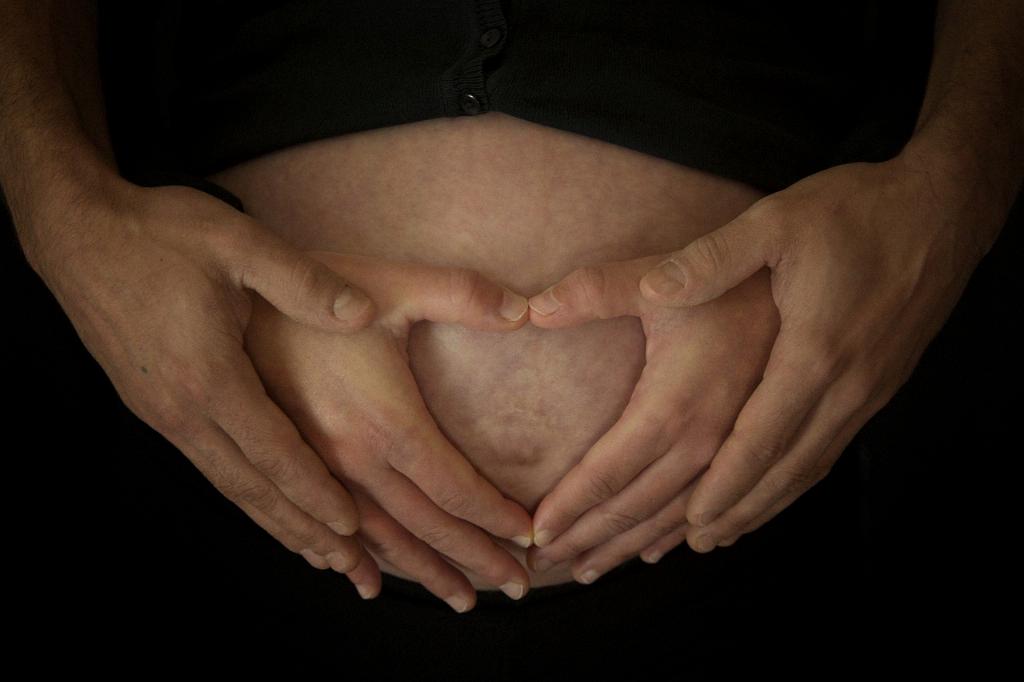When it comes to the impact of C-section scarring on a woman’s health, the question of whether it can lead to heavy periods is a valid concern. The connection between C-section scars and abnormal uterine bleeding is a topic that deserves exploration, as it can have significant implications for a woman’s overall well-being.
The Role of Cesarean Scars in Uterine Bleeding
It is essential to recognize that a C-section scar is not just a superficial mark on the skin. In some cases, the scar tissue from a cesarean section can extend deeper into the uterus, affecting the normal functioning of the uterine lining. This disruption can sometimes lead to abnormal uterine bleeding, which may manifest as heavy periods or other forms of irregular menstrual bleeding.
Case Studies Highlighting the Issue
Real-life cases serve as poignant examples of the potential link between C-section scarring and heavy periods. Instances where women experience excessive uterine bleeding originating from a cesarean scar underscore the importance of investigating this issue further. The need for blood transfusions in severe cases also emphasizes the seriousness of the situation.
Understanding Heavy Periods
Heavy periods, clinically known as menorrhagia, can significantly impact a woman’s quality of life. Symptoms such as prolonged menstruation, the passage of large blood clots, and the need to change sanitary products frequently can be signs of menorrhagia. Identifying the potential causes of heavy periods, including C-section scarring, is crucial for effective management.
Addressing Concerns and Seeking Solutions
Women who experience heavy periods following a C-section may understandably have concerns about their reproductive health. It is essential for healthcare providers to listen to these concerns, conduct thorough evaluations, and explore potential treatment options. Empowering women with knowledge and support is key in addressing these issues.
Consulting Healthcare Professionals
If you have undergone a C-section and are now experiencing heavy periods or abnormal uterine bleeding, it is advisable to seek guidance from healthcare professionals. Gynecologists and obstetricians can provide expert insights, perform necessary investigations, and recommend appropriate management strategies based on individual needs.
Exploring Treatment Options
The treatment of heavy periods resulting from C-section scarring may vary depending on the underlying causes and severity of the condition. Possible interventions could include hormonal therapy, minimally invasive procedures, or, in extreme cases, surgical interventions to address the scarring and restore normal uterine function.
Embracing Holistic Approaches to Women’s Health
Understanding the potential impact of C-section scarring on menstrual health is part of a broader conversation about women’s well-being. Embracing holistic approaches that consider the physical, emotional, and psychological aspects of women’s health can lead to more comprehensive and personalized care for those dealing with issues such as heavy periods.
Educating Women on Post-Cesarean Health
Education plays a crucial role in empowering women to make informed decisions about their health. Providing information on the potential risks and complications associated with C-sections, including the impact on menstrual health, can help women proactively manage their postpartum recovery and long-term well-being.
Promoting Open Dialogue and Awareness
Open dialogue about the potential effects of C-section scarring on menstrual health is essential for raising awareness and fostering a supportive community for women facing these challenges. By sharing experiences, knowledge, and resources, we can create a more informed and empowered collective voice on issues related to women’s health.
Conclusion
In conclusion, the question of whether C-section scarring can cause heavy periods is a valid concern that merits attention and further research. While individual experiences may vary, it is vital to acknowledge the potential impact of cesarean scars on uterine bleeding and menstrual health. By promoting awareness, seeking professional guidance, and exploring treatment options, women can navigate these challenges with informed decision-making and comprehensive support.

